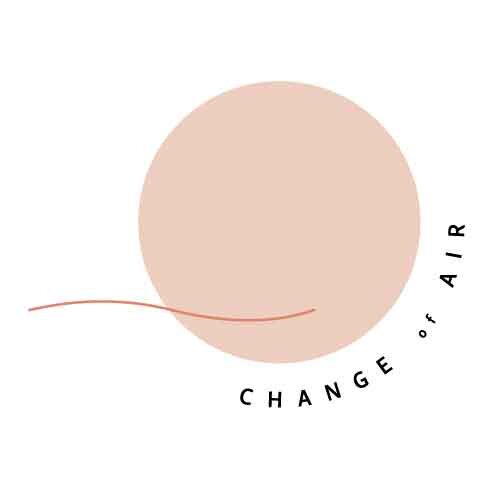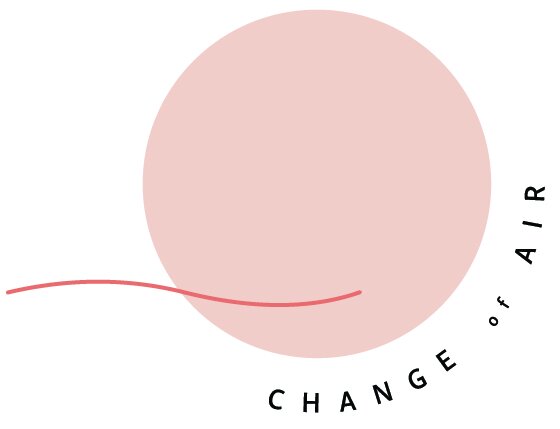The 13 Characteristics of Adult Children of Alcoholics
I first read them when I was 14.
I read them again at 16.
At 18. I immediately recognized parts of myself but didn’t know what to do about that.
I read them again at 22. At 26. At 34. At 40.
Anytime my life felt confusing and overwhelming, I’d come back to them again and again. Searching for clues to my own behavior. Mining the words for help. Comfort. A way forward that would feel less confusing.Have you ever read The 13 Characteristics of Adult Children of Alcoholics?
If so, perhaps you know what I mean about reading these traits and hoping to find help but feeling frustrated each time you did. If you haven’t read them or this is your first time hearing about them, you’re in luck. I’d like to explore this list - developed long ago by Dr. Janet Woititz (author of Adult Children of Alcoholics) - together.H
Here's the quick rundown:
Adult children of alcoholics guess at what normal is
Adult children of alcoholics have difficulty following a project through from beginning to end
Adult children of alcoholics lie when it would be just as easy to tell the truth
Adult children of alcoholics judge themselves without mercy
Adult children of alcoholics have difficulty having fun
Adult children of alcoholics take themselves very seriously
Adult children of alcoholics have difficulty with intimate relationships
Adult children of alcoholics overreact to change over which they have no control
Adult children of alcoholics constantly seek approval and affirmation
Adult children of alcoholics usually feel that they are different from other people
Adult children of alcoholics are super responsible or super irresponsible
Adult children of alcoholics are extremely loyal, even in the face of evidence that the loyalty is undeserved
Adult children of alcoholics are impulsive. They tend to lock themselves into a course of action without giving serious consideration to alternative behaviors or possible consequences. This impulsivity leads to confusion, self-loathing and loss of control over their environment. In addition, they spend an excessive amount of energy cleaning up the mess.
In case this list feels SO you it's overwhelming, also take heart. Dr. Jan notes this: "These 13 characteristics are not a death sentence or certainty for the ACOA. Once an ACOA recognizes and understands why they are the way they are, and that they are not alone, the adult child of an alcoholic/addict can begin to heal."
Though Change of Air was created specifically to provide a modern approach healing as ACoAs, I think it’s vital to revisit some of the “old” tools that are often foisted upon us when we do a first search for information to help us when we are in need.
This list of characteristics was the very first thing I read when I first began to wonder if my “feeling different” had to do with having alcoholic parents. So it shaped everything that came after. That may be the case for you too. Let’s talk about it together and let’s sort what’s still instructive and helpful and what no longer serves us.

